What Is a Literature Review?
A literature review is a structured discussion of published research on a specific topic. It's not a list of article summaries, and it's not an annotated bibliography. The difference matters: a literature review synthesizes sources together, showing patterns, contradictions, and gaps across the research - not just what each study found individually.
You'll encounter two main types in academic work. An embedded lit review appears as a section inside your research paper (usually after your intro and before your methodology). A standalone lit review is its own paper entirely, often required in graduate programs or systematic reviews. For most undergrad research papers, you're writing the embedded kind.
Professors require it because it demonstrates you've done your homework. Before making an argument or presenting new research, you need to show the existing conversation happening in your field and where your study fits into that conversation.
Types of Literature Reviews
Different research goals call for different approaches. Here's a quick breakdown:
Type | What It Is | When to Use It |
Systematic Review | Follows a strict, reproducible methodology to find and assess all relevant studies | Scientific fields, medical research, when minimizing bias is critical |
Narrative Review | Flexible discussion of sources organized thematically or chronologically | Humanities, social sciences, exploratory topics |
Scoping Review | Maps the range of evidence on a topic without evaluating quality | New research areas where you want to know what exists |
Thematic Review | Organizes sources around recurring themes across the literature | Any field where multiple studies address similar subtopics |
Methodological Review | Groups sources by the research methods they used | Research design papers, methodology-heavy disciplines |
For most undergraduate research papers, a thematic or narrative review works well. Your professor or discipline will usually guide you on which approach fits. If you need help on how to write research methodology, explore our guide.
How Long Should a Literature Review Be?
There's no single right answer, but here's a practical baseline:
- Undergraduate research paper: 1–3 pages (roughly 10–20% of total paper length)
- Master's thesis: 5–15 pages
- Doctoral dissertation: 15–30+ pages
- Standalone lit review article: As long as the scope demands
If your paper is 10 pages total, your lit review section is probably 1–2 pages. If you're writing a 50-page thesis, expect to spend much more time and space here.
For detailed guidance on overall research paper length, check out our guide on how long a research paper should be.
How to Write a Literature Review - Step by Step
Here's the process broken into clear, workable steps.
Step 1: Define Your Research Question and Scope
You can't find the right literature if you don't know what you're looking for. Start with a focused research question - not a broad topic like "climate change," but something specific like "the impact of urban heat islands on childhood asthma rates in low-income communities."
Your research question sets the boundaries for your lit review. It tells you which sources belong and which don't. If you're still developing your question, see our guide on how to write a research question before you start searching.
Step 2: Search for Relevant Sources
With your question in hand, start searching. The best databases for academic sources include:
- Google Scholar (free, broad)
- JSTOR (humanities, social sciences)
- PubMed (medicine, biology)
- Your university library databases (discipline-specific, often with full-text access)
Use keywords from your research question and search for combinations. Try related terms - if "urban heat islands" isn't returning enough, try "urban temperature," "city heat," or "heat island effect."
How many sources do you need? A rough guide: undergraduate papers typically use 10–20 sources, while graduate theses often draw from 30–50 or more. Quality matters more than quantity. For a deeper walkthrough on building your source list, see our guide on how to find sources for a research paper.
Step 3: Evaluate and Select Your Sources
Not every result belongs in your review. As you gather sources, assess each one for:
- Relevance: Does it directly address your research question?
- Credibility: Is it peer-reviewed? Who published it?
- Recency: Is it current enough for your field? (Science moves fast; a 15-year-old study may be outdated)
- Quality: Is the methodology sound?
Peer-reviewed journal articles are your priority. As you read, keep brief notes on each source, what it argues, what method it used, how it connects to other sources you've found. Those notes become your raw material when you start writing.
Step 4: Identify Themes, Patterns, and Gaps
This is where most students get stuck. They try to write about each article one by one - and end up with a list of summaries rather than a literature review.
Before you write a single sentence, read through your sources and look for:
- Areas of agreement: What do most researchers agree on?
- Contradictions: Where do studies conflict, and why?
- Gaps: What questions haven't been answered yet?
- Methodological trends: Are most studies using the same approach? Are there limitations?
The goal isn't to describe what each study found , it's to show how all the studies together tell a story.
Group your sources by theme or finding, not by author. That grouping becomes the structure of your body paragraphs.
Step 5: Choose Your Organization Structure
Three main options for organizing a lit review:
Chronological:
Traces how thinking on your topic has evolved over time. Works well when the historical development matters (e.g., how theories of depression have shifted since the 1980s).
Thematic:
Groups sources by recurring topics or subtopics, regardless of date. Works for most research papers.
Methodological:
Groups studies by how they were conducted (surveys vs. experiments vs. case studies). Best for methodology-focused papers.
Before you start writing, sketch a quick research paper outline for your lit review - which themes or sections you'll cover, which sources go where, and how each section connects to your research question.
Step 6: Write the Literature Review
Now you're ready to write. Keep this three-part structure in mind:
Introduction paragraph:
State the scope of your review and what you'll cover. Signal to the reader how the lit review connects to your research question. Keep it short - 3–5 sentences.
Body:
This is where your thematic or chronological organization does the work. Each paragraph should focus on one theme or pattern, draw on multiple sources, and show relationships between them - not summarize one study, then the next.
Conclusion paragraph:
Summarize the key themes you've covered, highlight the gaps your research will address, and connect back to your study. This is where you show why your research paper needs to exist.
Step 7: Edit, Revise, and Check Citations
Read your draft for logical flow. Ask yourself: does this tell a coherent story? Can someone who's new to your topic follow the argument from section to section?
The most common editing trap is realizing you've summarized instead of synthesized. If each paragraph starts with "Smith (2020) found that..." or "Jones (2019) argues that..." - that's your cue to rewrite and integrate.
Finally, verify all your citations match your required style how to cite a research paper covers the major formats in detail.
STRUGGLING WITH YOUR LITERATURE REVIEW?
Let Our Expert Writers Handle the Hard Part for You.
100% human-written, zero AI content. Turnitin AI + plagiarism report included. Starting at $11/page with 3-hour rush available.
Synthesis vs. Summary - The Difference That Changes Your Grade
This is the single most important concept in writing a literature review. Students who miss it lose marks every time.
Summary means describing what each study found, one by one:
"Smith (2020) found that urban heat islands raise local temperatures by 3–5°C. Jones (2019) found that high temperatures are linked to increased asthma hospital admissions. Rodriguez (2021) found that low-income neighborhoods have less urban tree canopy."
Synthesis means connecting those studies to show what they mean together:
"Research consistently links urban heat islands to health outcomes in vulnerable populations. While Smith (2020) and Chen (2018) established the temperature differential in dense urban areas, Jones (2019) and Park (2022) demonstrate downstream effects on respiratory health - effects concentrated in low-income neighborhoods that lack the tree canopy shown to mitigate heat exposure (Rodriguez, 2021)."
See the difference? Synthesis shows the relationship between studies. Summary just lists them.
If your literature review reads like a list of summaries, rewrite it as a conversation between researchers.
Common Mistakes Students Make in Literature Reviews
Summarizing instead of synthesizing
The most common problem covered in detail above. If each paragraph focuses on one study, that's a summary. Pull sources together to show patterns.
Including irrelevant sources to hit a number
If a source doesn't directly address your research question, it doesn't belong. Ten highly relevant sources beat twenty loosely connected ones.
Ignoring research that contradicts your argument
Skipping studies that complicate your argument is a red flag for professors. Acknowledge contradictions and explain why your study approaches the question differently.
No clear organizational structure
Without a plan, your review becomes a random walk through sources. Decide on your structure (thematic, chronological, methodological) before writing and stick to it.
Skipping the introduction and conclusion of the lit review
The body isn't the whole review. Your lit review needs its own intro (what you'll cover and why) and its own conclusion (what the research shows and where the gaps are).
Forgetting to connect back to your research question
Every section of your lit review should tie back to your study. The reader needs to see why this research matters for what you're about to do.
Literature Review Example
Here's what synthesis looks like in a real paragraph. Compare these two versions on the topic of social media and adolescent anxiety:
Summary version (weak): "Williams (2021) found that social media use is linked to anxiety in teenagers. Lee (2020) found that Instagram use correlates with lower self-esteem. Kim (2022) found that phone screen time before bed disrupts sleep."
Synthesis version (strong): "The evidence points to a compounding effect: heavy social media use correlates with both lower self-esteem and disrupted sleep patterns (Lee, 2020; Kim, 2022), and Williams (2021) suggests these factors together may explain the elevated anxiety levels seen in high-frequency users - effects that appear stronger in girls than boys across multiple studies."
The synthesized version draws connections, identifies a pattern, and adds nuance. That's what a strong lit review looks like. For more full-length examples, see our research paper examples for guidance on how this translates into complete papers.
Wrapping Up
Writing a literature review comes down to seven steps: define your scope, search for sources, evaluate what you find, identify themes and gaps, choose a structure, write the review, and revise. The step most students rush is step four - and it's the one that matters most.
The shift from summary to synthesis is what separates a passing lit review from a strong one. Think of your sources as researchers in a room having a conversation. Your job is to report what that conversation reveals - not to introduce each person one by one.
If you're working under a tight deadline or need expert support to get it right, there's another option.
Need a Literature Review Written for You?
Our human writers deliver research paper help that passes Turnitin every time.
- Expert writers matched to your subject and level
- 100% original, zero AI - Turnitin proof included
- From $11/page with 3-hour rush options
- Trusted by 5,000+ students with a 4.9? rating
Don't risk your grade! Let us handle it.
Place an Order

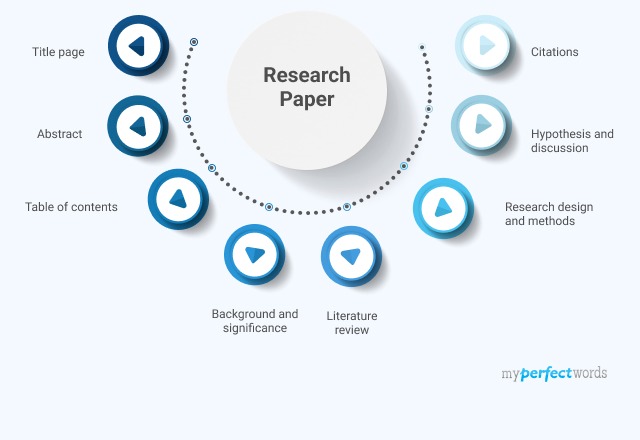

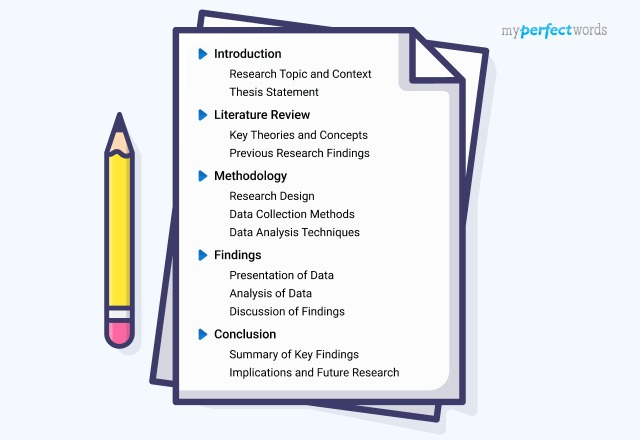
-9352.jpg)
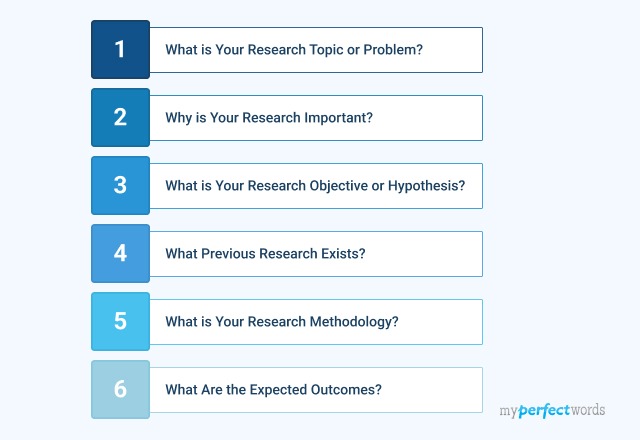
-9374.jpg)


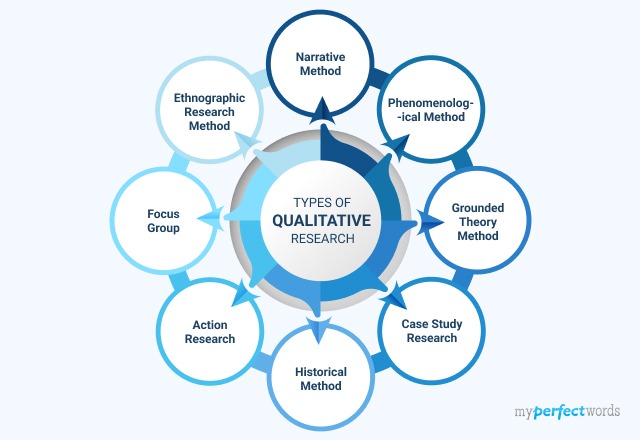














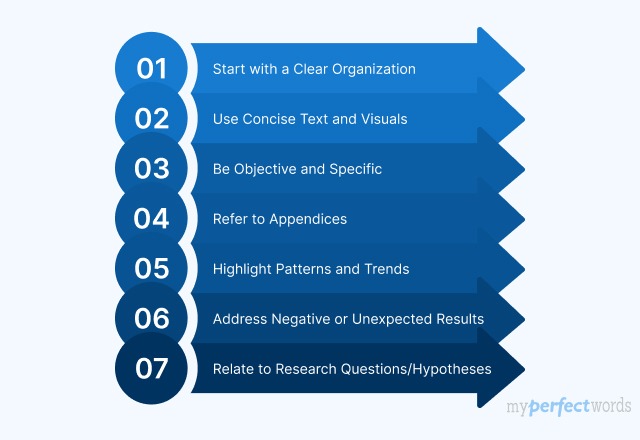


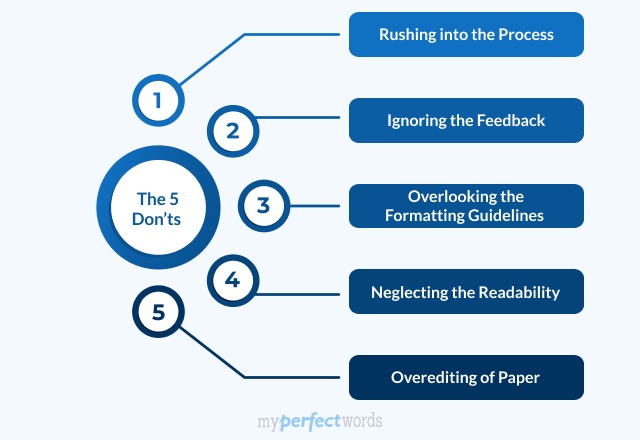
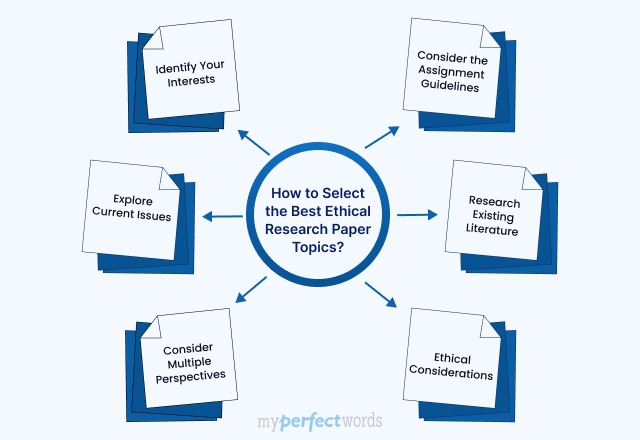

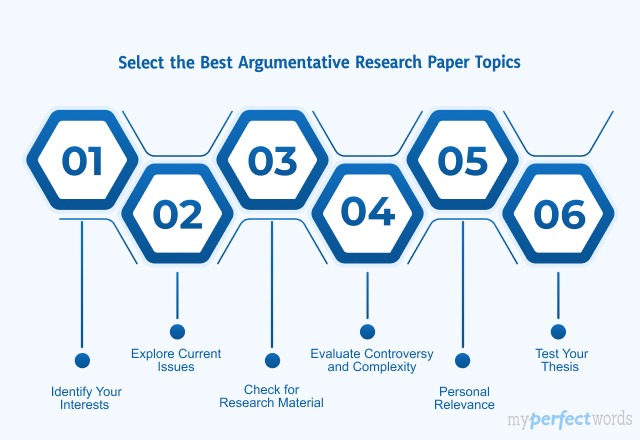
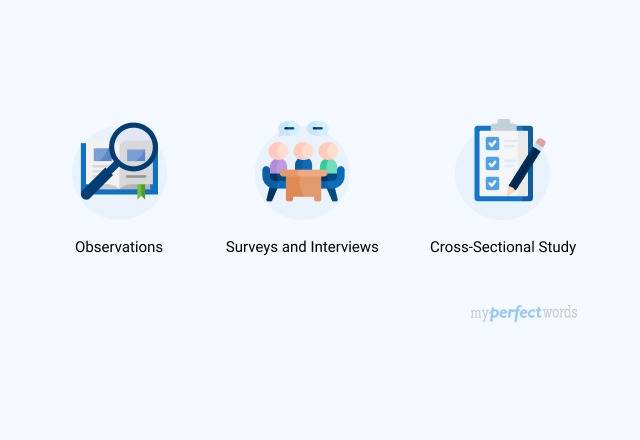
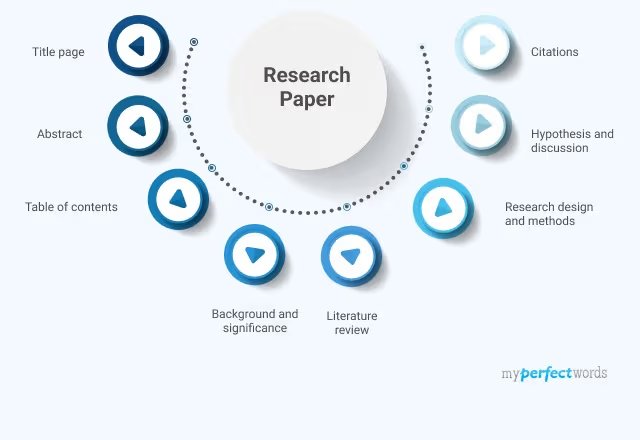
 (2))
)
 (1))
 (1))
 (1))
 (1))
 (1))
 (1))
-20419.png)
-20426.png)
-20431.png)